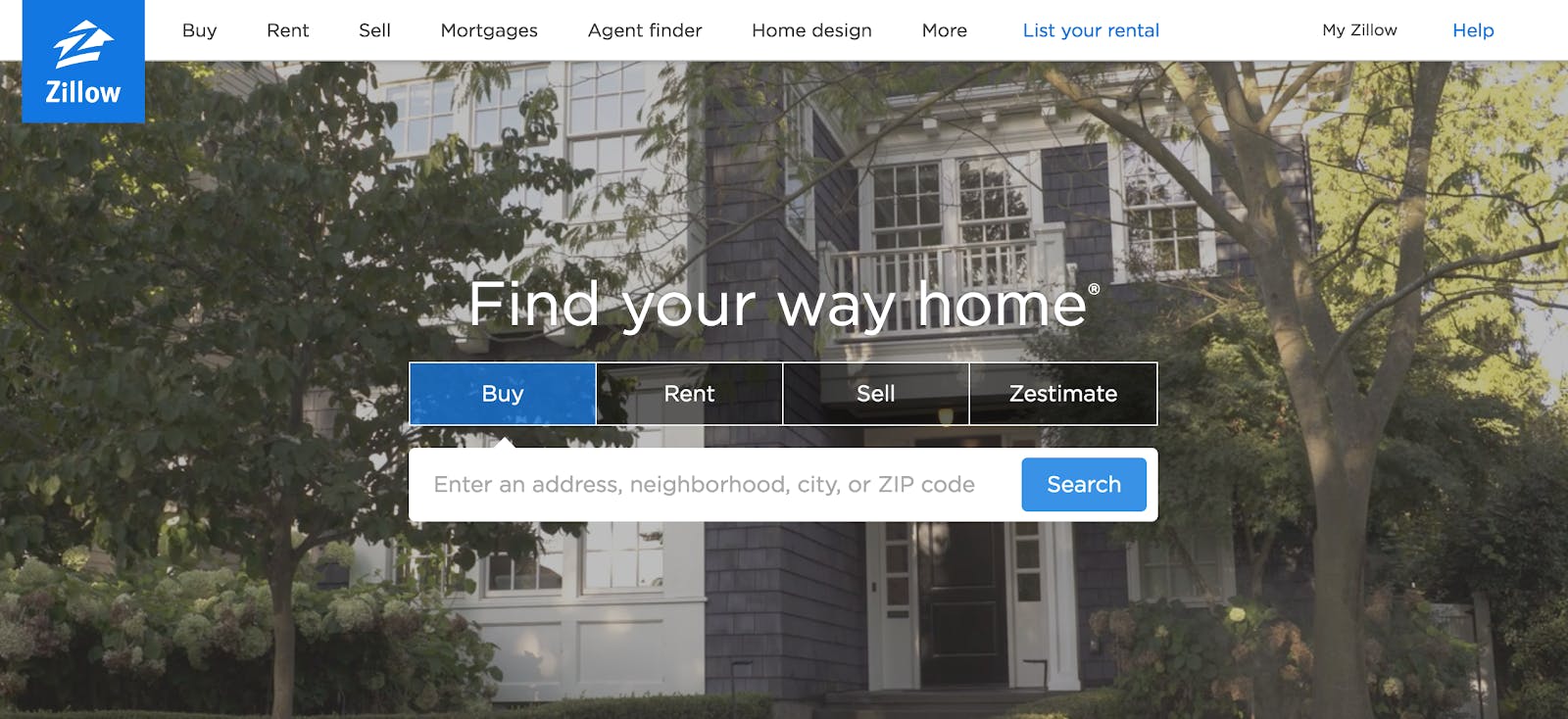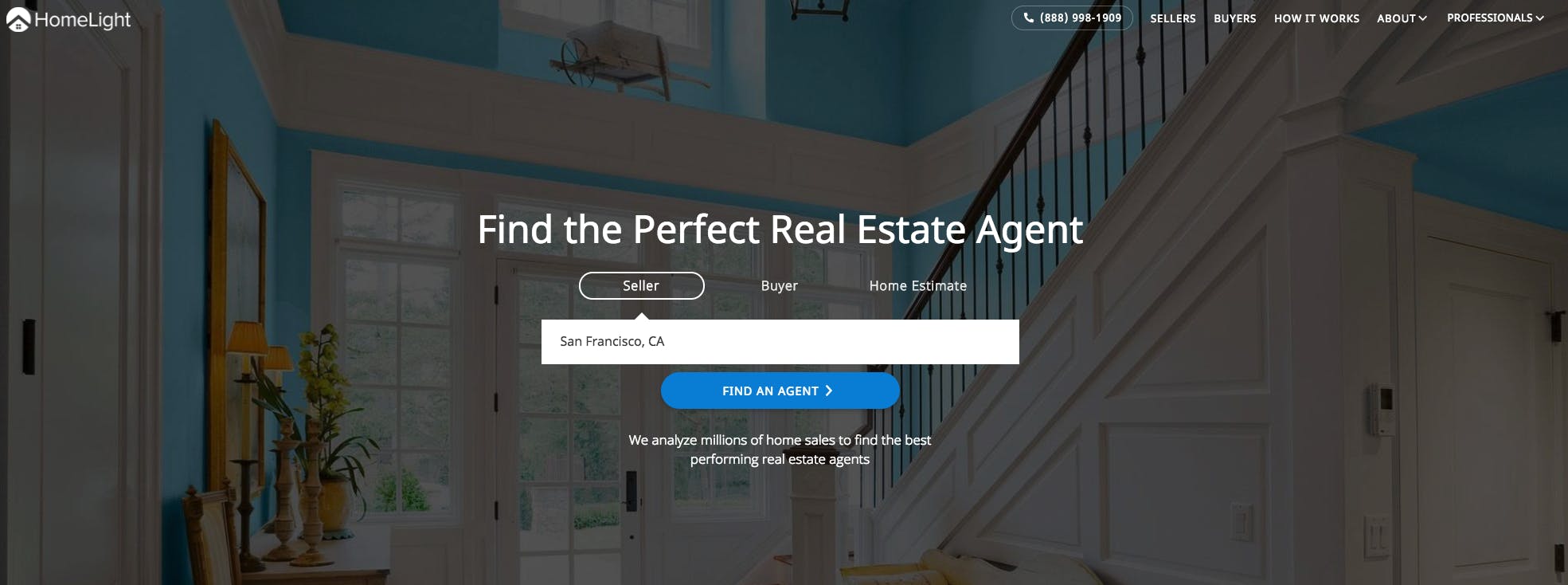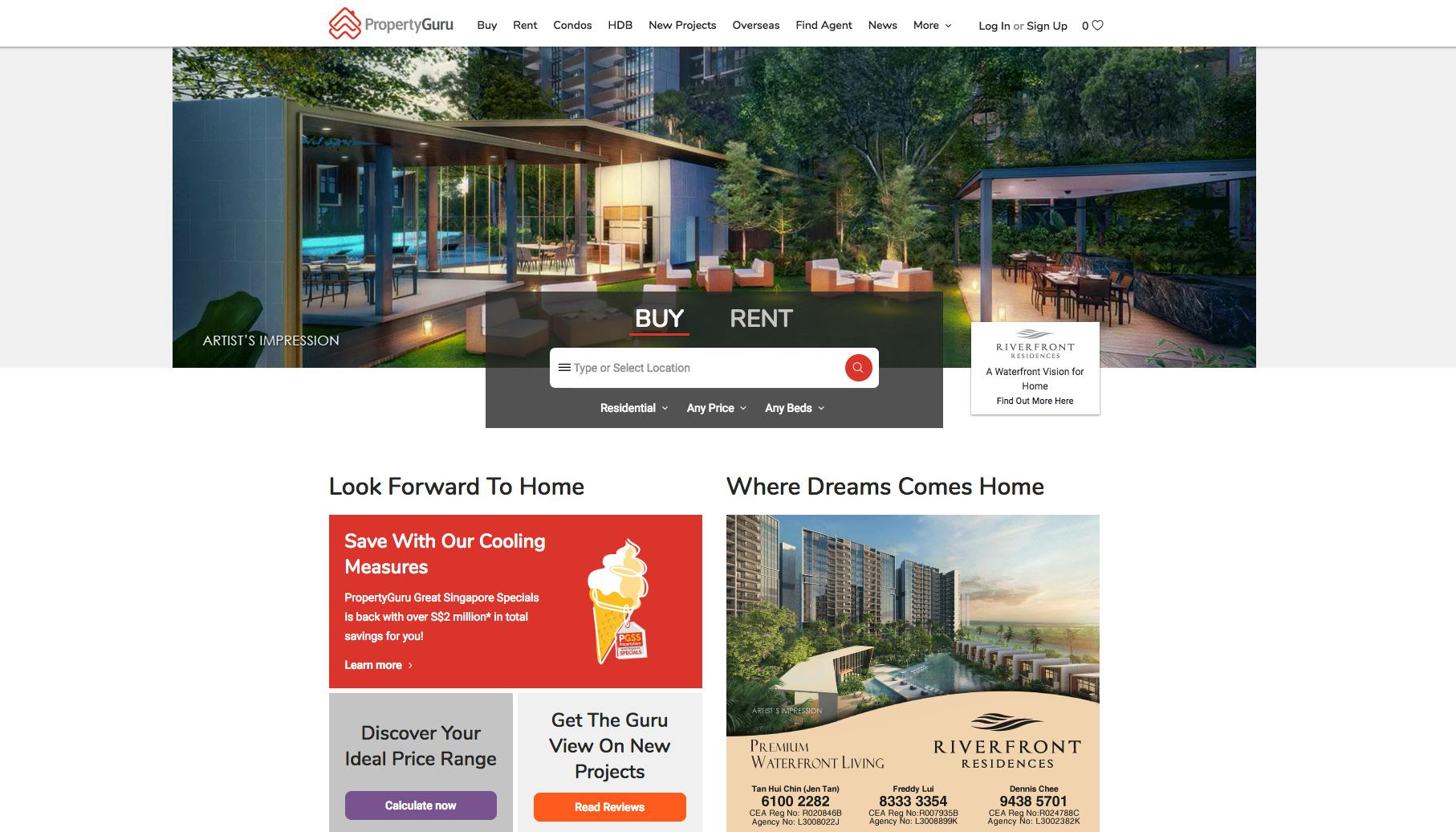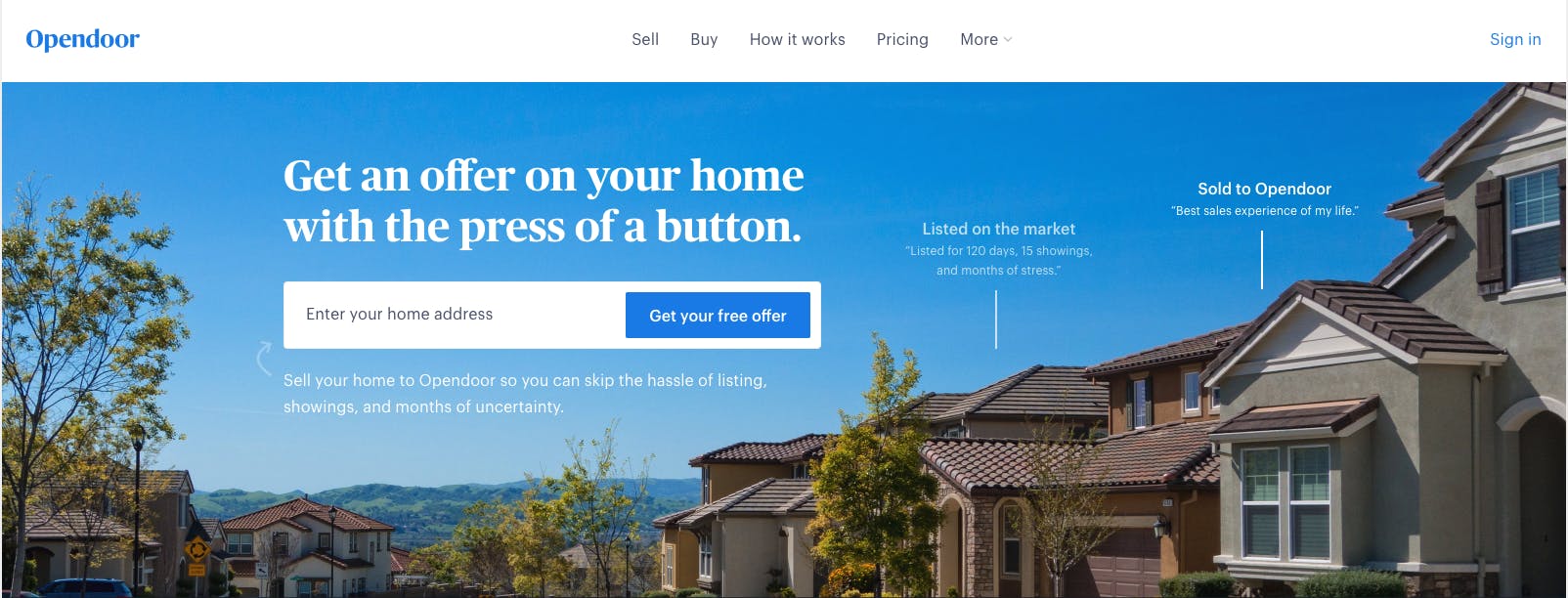How messaging could revolutionize online real estate marketplaces

Online real estate marketplaces are entering the on-demand economy. Communication will have to travel at the speed of consumer demand, so that real estate could capture leads at their highest intent to sell or buy, or even create the immediate and clear communication that consumers expect.
This article shows why online real estate marketplace, real estate tech (RETech), and property tech (PropTech) will need to adopt messaging to keep up with the speed and quality of service expected by agent and consumer alike.
It covers:
- Online Real Estate’s entrance into the on-demand economy
- Methods of monetization for online real estate
- How messaging will enable marketplaces to communicate in real (estate) time
- How messaging will enhance the quality of service for online real estate marketplaces, RETech, and PropTech
Real estate technology and the on demand economy
On June 20, 2018, the Corner Office podcast interviewed Zillow Group CEO, Spencer Rascoff. Among many things, Mr. Rascoff announced that Zillow Group recently began buying and selling homes in Las Vegas and Phoenix. And, yet, in the same interview, he described Zillow as primarily a real estate media company, aggregating data on homes and users, and selling ad space to brokerages and agents.
So why is Zillow Group deciding to buy homes now?

Because the real estate market has freshly entered the on demand economy.
Consult Sendbird about messaging at the speed of the on demand consumer
In the on demand economy, consumers can purchase or sell anything from food, consumer goods, cars and even homes from their phone and expect it to arrive or the sale to close shortly. Zillow Group will offer the same convenience of the on demand economy to home sellers, so they can sell their home without the conventional and labor intensive home preparation.
“[Zillow Group is] a data company,” says Zillow Group CEO Spencer Rascoff, “So what we have that no one else has. We have information on what houses people want to buy. And so we think that offering this service to the seller will allow us to match supply and demand between seller and buyer. So imagine a seller. In this on demand economy, think about what you do on your smartphone. You press a button. And magic happens. You press a button. The car arrives. You press a button. The food arrives. You press a button. Amazon brings you things. Consumers want that type of convenience and ease. And so for the seller we’re trying to offer that convenience and ease where they take an all cash offer without having to ready their home for sale.” (Full interview at Marketplace’s Corner Office podcast)
Zillow’s entrance into the on demand real estate market, however much it’s in its infancy, is a huge signal to online real estate marketplaces. It signifies the recognition that the real estate market has been too burdensome to consumers and home sellers, and that there is huge opportunity in reducing the friction to buy and, especially, sell real estate.
With the advent of a real estate on demand economy, these will be among the 3 most important aspects of your business:
- The speed of your service
- The quality of the customer experience
- The ability to engage and retain your app users or web visitors
Interactions with online real-estate marketplaces increasingly occur on mobile devices. “More than two-thirds of Zillow’s usage,” Zillow Group’s 2017 annual report explains, “occurs on a mobile device; on weekends it’s more than 75%.”
Since the on-demand economy and mobile devices are accessible to consumers everywhere at every impulse to buy or sell, immediate communication with or among your web and app users will be more important than ever to offer fast and quality service to users.
Chat and messaging fits the needs of the on demand economy perfectly because it enables immediate communication through a medium – messaging – that consumers have demonstrated they prefer.
As of April 2018, there were 5.8 billion monthly active users (MAU) of messenger apps globally. If the population of the world in June 2018 is 7.6 billion people, then messenger app MAU accounts for 76% of the world’s June population! Even if every MAU is not a unique user, that number is astounding.
The ubiquity of messaging and its ability to communicate immediately means that it’s perfectly positioned to improve the speed and quality of service in your online real estate marketplace.

Communicate seamlessly with buyers.
Monetization of online real estate marketplaces
Before turning to how in app messaging can improve online real estate marketplaces, it’s important to understand the breadth of business models in the market. There are many different business models and many more companies. This list doesn’t include commercial real estate, rentals, or REITs. But this can give you a basic understanding of existing businesses interacting with consumers.

- Commission. Running like traditional brokerages, many online real estate companies take a commission for a buy or sell, either a percentage or a flat fee. Some examples include Redfin, Compass, Purplebricks, OpenListings. Knock guarantees to sell your house in 6 weeks, either succeeding and taking 6% commission or purchasing your home and giving you 90% of the appreciation value within a year. This is similar to a chat customer support use case.

- Lead sales. Other real estate companies monetize by selling visitors who convert on their website or app as leads, or sell agent platforms. Examples include part of Zillow’s operation, UpNest, or HomeLight. These marketplaces will benefit from buyer/seller to agent messaging.

- Advertising space. As mentioned at the beginning of this article, Zillow also operates like a media company, selling advertising space to real-estate agents. REA Group, Magicbricks in India, and PropertyGuru in Singapore are also great examples. In media situations like this, chat and messaging can help with user retention and make your advertising space more valuable.

- Purchasing homes and reselling. Another model has emerged, like Zillow’s new operation, that purchases homes quickly or even sight unseen for below market and resells them. Another example is Opendoor. This is also similar to a customer support use case.
Whether online real estate marketplaces depend on selling leads or advertising, in app messaging fulfills the demand for immediacy and speed that also create great service in the real estate market.
Speed of service – messaging in real (estate) time
Real-estate transactions are challenging and lengthy. The buyer, for example, has to find an agent, sell their home (if they have one), get approved for a loan, find the right home, get a home inspection, make an offer, and finish all the paperwork. And every buyer or seller wants the process to be as frictionless as possible.
It’s no wonder that “customers place a premium on speed,” says Redfin’s 2017 Annual Report. Customers want to be the first to see a home listing, the first to tour it, and the first to place a bid. Sellers don’t want to list their home for 60 days or continually show it, all while coordinating the purchase of their next home. And real estate agents don’t want to spend all their time cold-calling or writing e-mail to reach and qualify their leads.
As we’ve noted elsewhere, Forrester concluded that, “Fifty-five percent of US online adults are likely to abandon their online purchase if they cannot find a quick answer to their question.” So speed, retention, and quality of service are all deeply tied to together.
RETech and PropTech agent platforms, web and mobile portals, then, need to deliver fast communication. With a messaging experience, buyers and sellers can speak to agents immediately at the moment of highest intent, when they become leads. And agents can handle multiple chats simultaneously, leveraging messaging convenience to qualify leads quickly.
We recommend combining several messaging features to qualify quickly on your agent platform:
- Standardize your qualification FAQ and ask it during the messaging conversation
- Use suggested messages to reduce the burden on the agent’s response
- Send the agent custom notifications with either push, email, or SMS when a lead is available.

Combining these messaging features, online real estate marketplaces can
- Streamline their agent’s time
- Prevent them from spending time on unqualified leads
- Allow them to field multiple leads at once
Using a webhook, a developer can set up a custom notification system for your agents that will set up reminders that have great response rates. Depending on various scenarios, they can combine push notifications with e-mail or SMS as potential safety nets. Many of Sendbird’s marketplace customers create a custom notification system to guarantee that communication between customers and vendor, or buyers/seller and agents is complete and clear. If one side of the conversation isn’t completed, they simply send a notification to either idle party to respond or close the inquiry.
Messaging in real time means reaching people immediately – exactly when they want to be informed about the real estate market. Speed will be an essential part of the experience for RETech, PropTech and online real estate marketplaces.
Quality of service – Counsel, Personalize, “Listen”
Online real estate brokerages
Among online real-estate brokerages like Redfin or Compass, who hire their own agents, the quality of service to the customer is absolutely key. Competition is stiff and, if a customer experiences bad service, they have endless other options.
Since individual buyers and sellers are customers only when they buy and sell their home, retention is not actually a challenge here. It simply isn’t needed. Instead the quality of service will come from fast service and excellent counseling.
Messaging can directly improve your real estate service by
- offering real-time counseling to customers on a complex and often stressful product
- personalizing your listings, counsel, and messaging experience based upon the data logged in conversations
The speed of your service will contribute to your quality significantly, but there are great opportunities for counseling and personalizing your service.
Counsel your customers on a complex and stressful product
First-time home buyers are essential to the real-estate market. They tend to buy homes vacated by people who upgrade or want to sell their home for other reasons. They perpetuate and drive the housing market. But a first home is a life-changing and, actually, a complicated product.
Messaging provides an opportunity to counsel and nurture first-time home buyers/sellers through an often stressful and complex buyer’s/seller’s journey. A home purchase is deeply personal and requires several complicated steps. Chat support can help you bring an immediately personal support to one of your first digital touch points.
Online real estate marketplaces – agent to buyer/seller
Real estate marketplaces, where Real Estate Tech creates the platform for agents and buyer/sellers to interact, are a perfect use-case for messaging. Trulia weathered the 2008 downturn and created a defensive competitive position by selling leads to agents, rather than collecting commissions on home or other real-estate sales. If a real estate marketplace sells leads to agents, messaging will have a direct effect on the marketplace’s bottom line.
Retention for your platform is most important, then, on the agent platform. For companies whose customers are real estate agents, competing platforms or brokerages could attract agents by offering better prices or better commissions, or sometimes better software.
In app messaging could create a sticky platform for your real estate agents by providing the software that creates a speedy consumer experience and more qualified leads. In other contexts, in app messaging has been shown to increase app retention by 3.5x.
E-mail and the use of messenger apps can’t compare here because they’re drawing your users outside your application, whereas in app messaging retains users inside your app.
Compile messaging data – What do your users talk about?
Messaging data is a great way to understand what your users talk about when searching for a new home or selling their existing home. By compiling data about what your users are talking about, as well as data about web activity and local home listings, you can understand the most important topics to your users.
You can provide suggestions for agents to ask qualifying questions or provide answers too frequently asked questions without being overburdened. Alternatively, you can suggest popular questions for your users at the exact moment they want to ask the same questions.
Conclusion: Online real estate marketplaces need messaging
E-mail is easy to ignore and asynchronous. Phone calls are labor intensive and cold calls are invasive. In person meetings can potentially waste an agent’s time, depending on how qualified the lead.
Messaging offers, first, the speed necessary to meet the needs of consumers in the on demand economy. Second, it alleviates the labor involved in lead qualification and balances it with high quality service. Custom notifications can ensure that your user and agent communication is clear and complete. And data enables your platform to suggest questions and answers to your agents and home buyers/sellers – not to mention understanding what your users talk about when searching for an agent or home.












